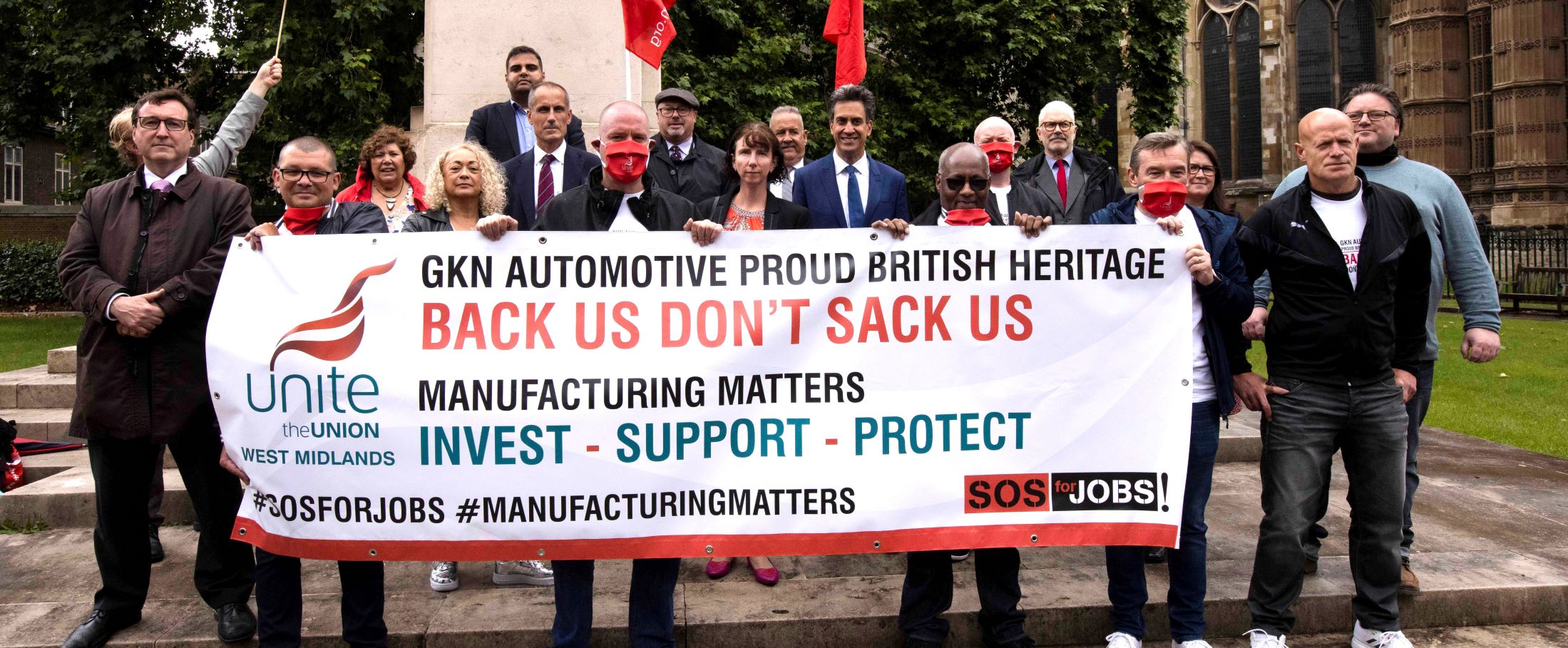Business Growth Service scrapped
There was a genuine sense of shock in parts of the business and manufacturing community that the Business Growth Service (BGS), which includes the Manufacturing Advisory Service (MAS) and the Growth Accelerator programme, is being scrapped.
BGS stats show that it has assisted more than 28,000 businesses, helped SMEs raise more than ÂŁ155m in finance and that 9 in 10 firms would recommend it. Since 2012, the BGS has added ÂŁ4.8bn of GVA and created 110,000 jobs.
The decision came out of the blue. Insiders at the Manufacturing Advisory Service (MAS) tell me that they had been prepared for a budget cut given the scale of Osborne’s cuts to non-protected government departments including BIS, but there had been no warning that MAS would be scrapped completely.
The timing is odd as well. A recent survey by the EEF, the manufacturers’ association, found that only automotive and chemical firms remained buoyant; the rest of the manufacturing sector expect output and employment to stagnate, no doubt on the back of a slowdown in China and a lack of orders from continental Europe.
Winding up MAS could actually exacerbate challenges for manufacturing firms. It may be that some professional service firms could offer some of the sort of guidance that MAS previously provided, but smaller manufacturers in particular may shy away from seeking help if they fear heavy costs (even if such fears are misplaced). On the other side, MAS also provided a very useful line of communication from the sector to government, one that will now be cut.
And MAS didn’t just help businesses to negotiate the bureaucracy of tax credits, the Regional Growth Fund or the Tooling Up Fund in automotive – it also gave many manufacturing SMEs access to critical experience and contacts.
BIS has tried to make out that MAS is being replaced by local Growth Hubs. But this is misleading. For a start, the ÂŁ12m across 39 Local Enterprise Partnerships (LEPs) works out at just over ÂŁ300,000 a LEP. Big deal.
Secondly, while LEPs here in the Midlands have prioritised manufacturing as a key sector in their strategic plans (European Structural & Investment Funds Strategies or â€ESIFs’), what about those LEPs that, well, don’t prioritise manufacturing?
In such cases, local growth hubs are unlikely to offer much if any support to manufacturing firms (similar concerns apply to the ending of the Regional Growth Fund and its replacement with the Local Growth Fund under the control of LEPs). There is no longer a national drive to support manufacturing, it seems.
Thirdly, the Growth Hubs are simply unready in many cases to take on the mantle in time before MAS is scrapped.
All of this leaves a fundamental question of where manufacturing firms go for help to when MAS is scrapped. It also raises wider questions about the government’s commitment – or not – to using industrial policy to support manufacturing.
On this, there’s effectively been radio silence from the BIS Secretary Sajid Javid since he came into office in May. While the last government didn’t have much of an industrial policy, what Vince Cable did in automotive and aerospace was pretty effective, for example through the Automotive Council which brought together key actors and identified opportunities and barriers to growth. That continued the work begun by Lord Mandelson at the back end of the last Labour government.
The Automotive Council (on which Unite has a seat) is to continue. Critically, though, its work under Vince Cable was underpinned up by a range of (modest) interventions to boost skills, rebuild supply chains, and encourage investment in the industry, such as through the Regional Growth Fund, the Advanced Manufacturing Supply Chain Initiative, MAS itself, and MAS’ Tooling up Fund to support investment in tools in the Supply Chain. All have now been scrapped.
This is a great shame as for years the UK didn’t â€do’ industrial policy. It finally got things right in a few sectors on a modest scale and much of this now seems to be being scrapped through the twin pressures of the Chancellor’s austerity and the current BIS Secretary’s liberation instincts.
It’s the death of industrial policy by a thousand cuts. The government has said that it will continue to support automotive and aerospace. I’d like to see what that support will now actually look like.
- David Bailey is Professor of Industrial Strategy, Aston Business School. This comment first appeared in Works Management.
…
In response to David Bailey’s comment piece, Unite assistant general secretary Tony Burke said, “When somebody of David Bailey’s expertise slams the government so hard you can be sure the criticism of the the Tories having no manufacturing and industrial strategy is blindingly accurate.
Unite has been pleading with the government to step up to the plate,” he added. “As it is its one excuse after another – with the government happy to sell off anything they can get hands on to China in the hope of inward investment.”
 Like
Like Follow
Follow
